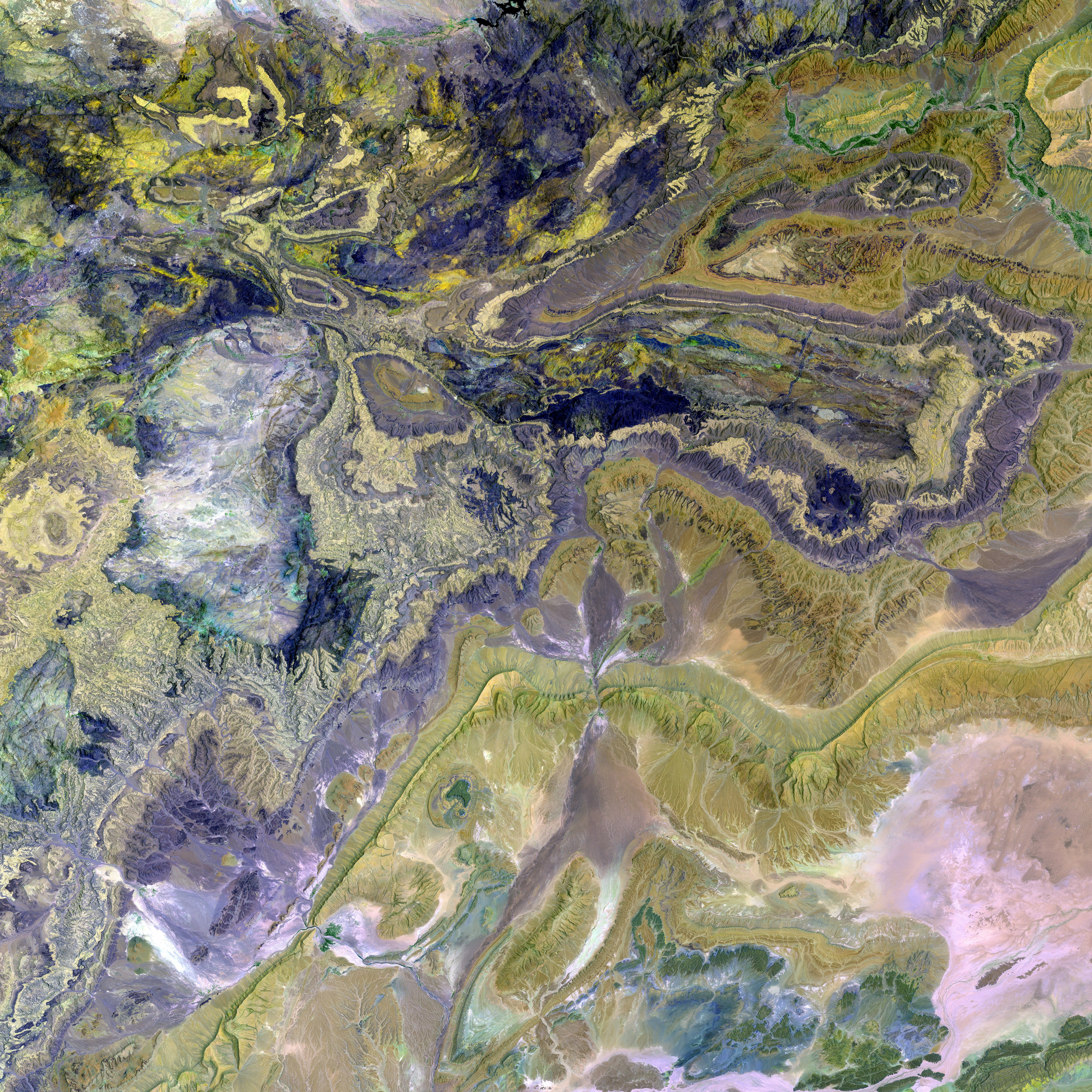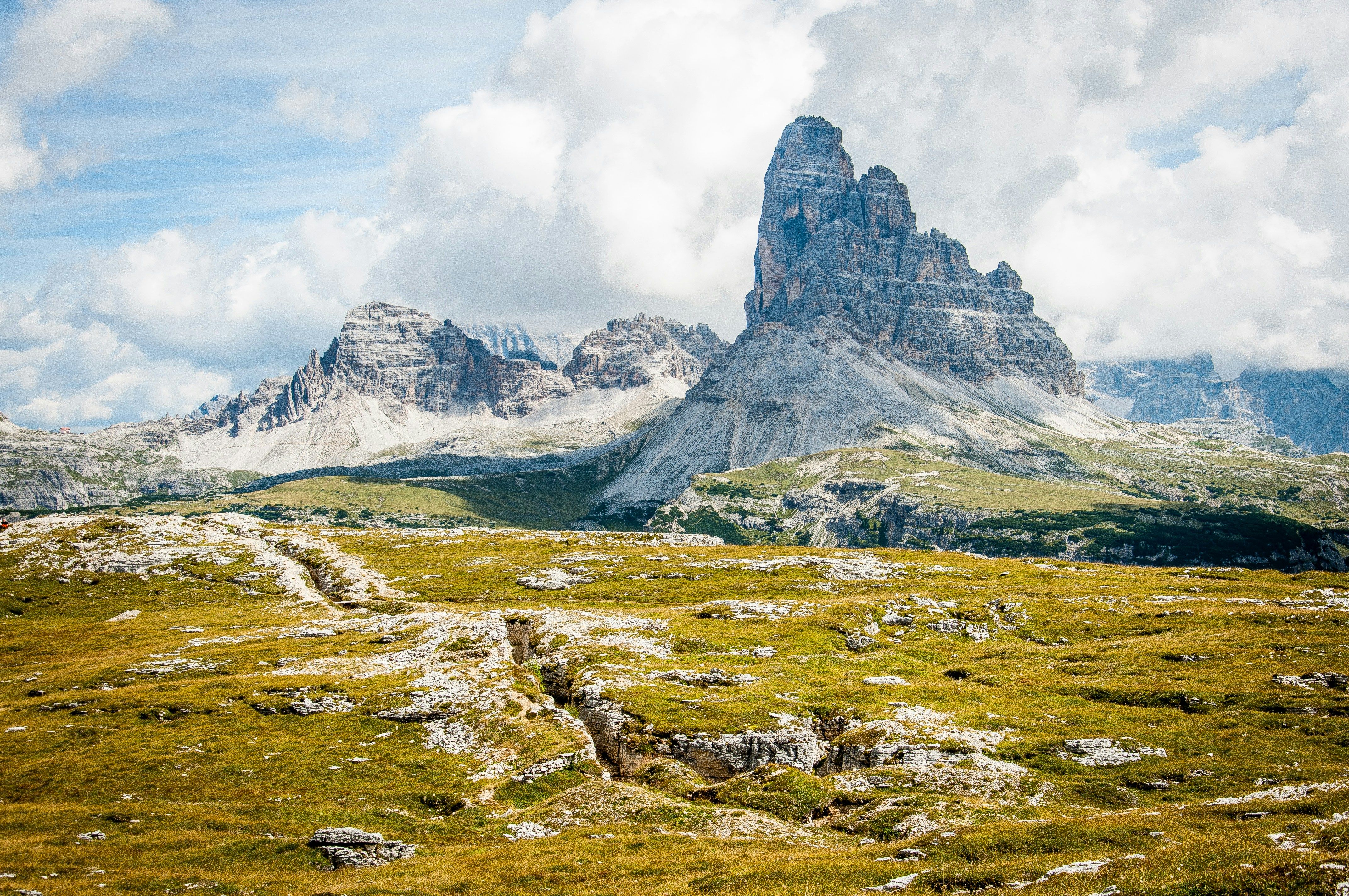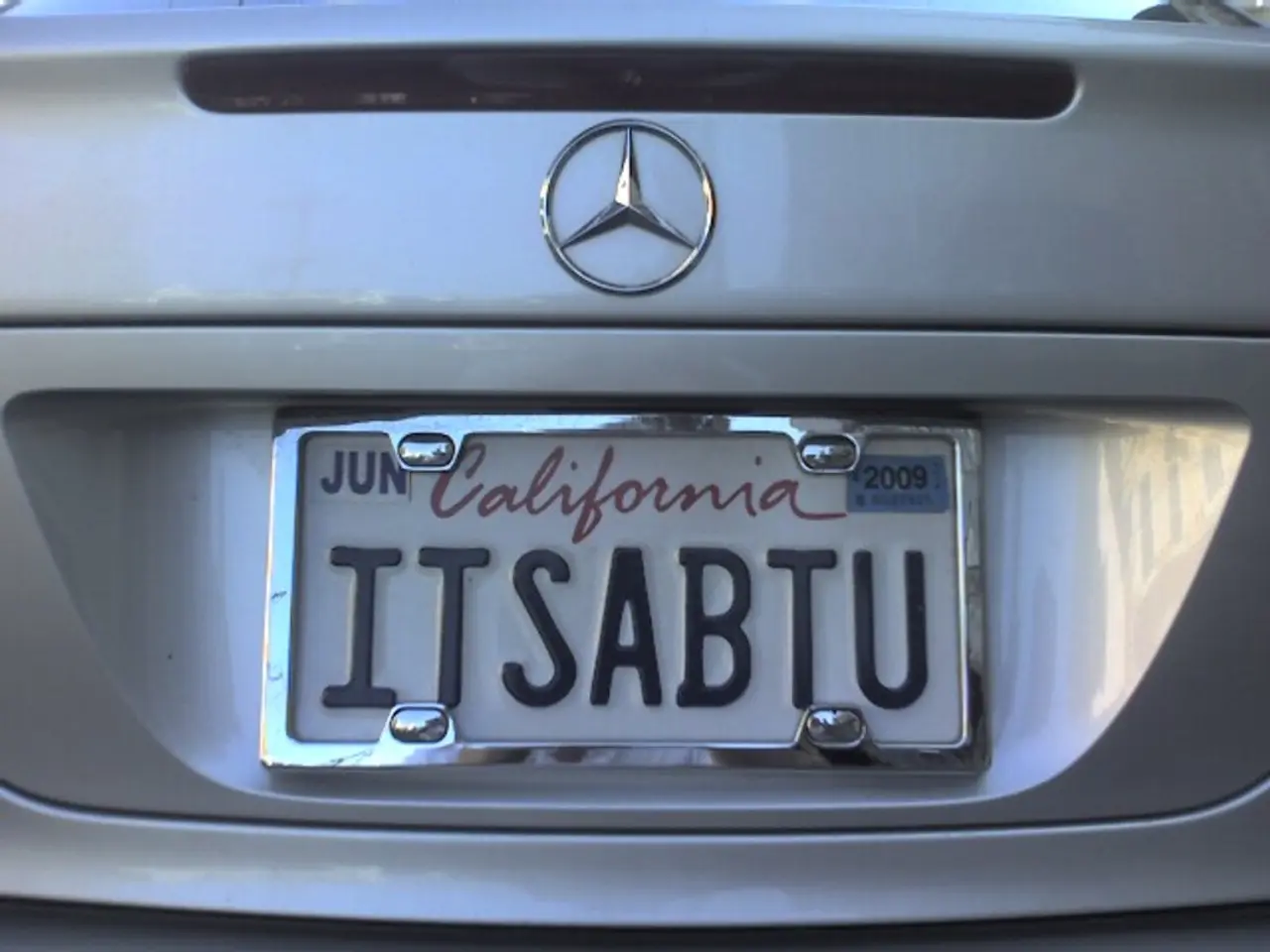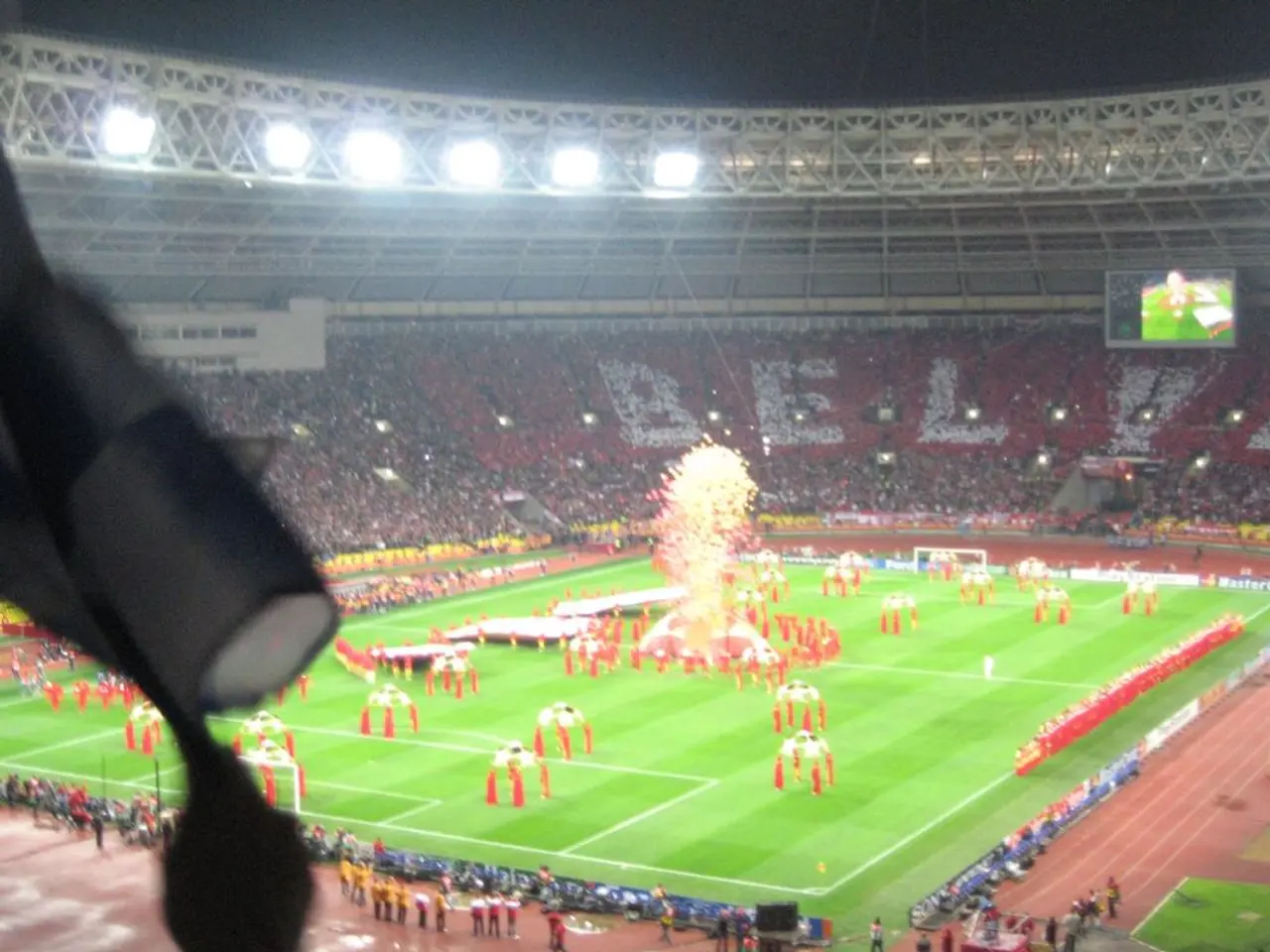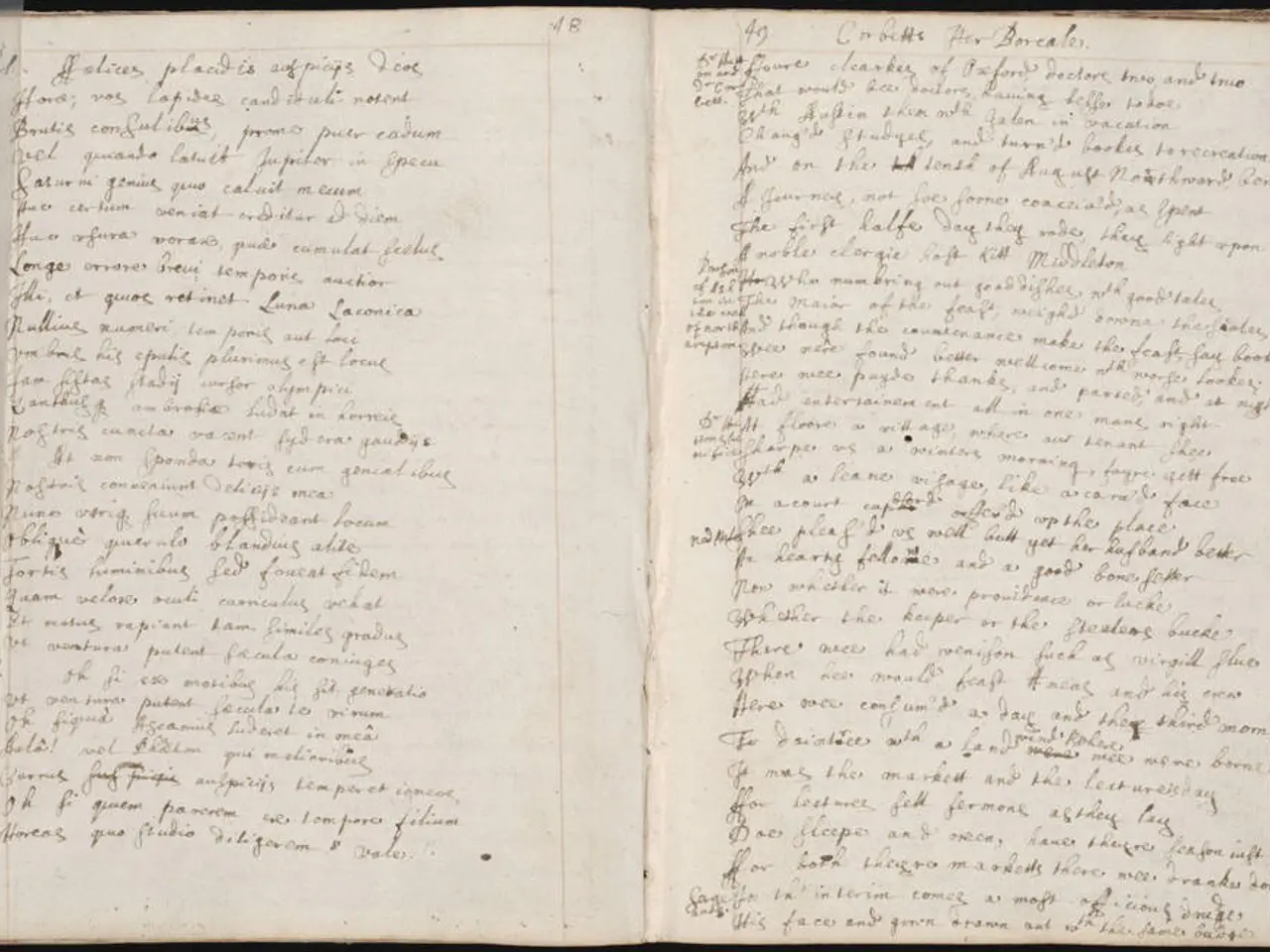Istanbul Summit Shake-up: Analyzing the Latest Developments
Altered travel plans for Zelensky | Evaluation of climate policies by the federal administration - Altered travel plan for Zelenskyy, federal administration awarded climate accreditation
Hello there, dear readers!
The grand Istanbul summit between Volodymyr Zelensky and Vladimir Putin might not be happening as initially planned. While Donald Trump had announced his intent to attend as a mediator, he's now sending his Secretary of State, Marco Rubio, instead. Even Putin's representative will not be the president himself, but a key ideologue, Vladimir Medinsky, who holds a proven background in political propaganda[4].
This sudden change of plans has significant repercussions for the negotiations. Let's break it down:
Evaluating the Participants
The Russian delegation is not led by Putin but by Vladimir Medinsky, a former Minister of Culture, known for being a political propagandist and historical revisionist[4]. His presence may signal a different approach to the historical narrative of the Ukraine war.
On the other hand, Zelensky is staying optimistic despite these new turns. He hopes that the negotiations will result in a victory for Ukraine, but specific expectations differ[5].
The question remains, can lower-level representatives achieve significant results without the direct involvement of high-level leaders such as Putin?
The United States' Role
With the U.S. administration sending Secretary Rubio to support the talks, the question arises as to what impact U.S. mediation will have on the proceedings. Will it encourage Russia and Ukraine to engage more seriously or become an obstacle[3]?
Russia's Stance on Ceasefire and Peace Agreement
Russia insists on achieving a comprehensive peace agreement before proposing a ceasefire, while Ukraine is advocating for a ceasefire first[1][4]. The discrepancy in expectations could slow down the progress of negotiations significantly.
Outlook for the Negotiations
Currently, skepticism surrounds the prospect of substantial progress at the Istanbul summit[3]. With heated tensions between both parties and the absence of high-level engagement, the road to meaningful negotiations appears riddled with obstacles.
Stay tuned for further updates on this evolving situation, and remember: a peaceful resolution is the ultimate goal for all parties involved.
Quick updates
- U.S.politics: Today, the report from the Expert Council on Climate Questions will reveal whether Germany is on track with its climate targets. Previous reports have suggested that the country may miss its 2030 emissions reduction goals[5].
- Trump's Schedule: Donald Trump continues his MENA tour, visiting Doha and Abu Dhabi today[1]. Despite the nearby Gaza Strip conflict, the focus remains on business deals and economic growth opportunities[1].
- Belgium and NATO: Investigations against NATO employees in Belgium, the Netherlands, Luxembourg, and Spain are ongoing. The employees are suspected of leaking confidential information to arms companies in suspected cases of active and passive corruption[3].
- The European Union, with its commitment to the Paris Agreement, is closely watching the developments at the Istanbul summit, as science and environmental-science insights continue to underscore the urgent need for worldwide cooperation in mitigating climate-change.
- As the Istanbul summit's participants and their respective stances evolve, general-news outlets are monitoring the situation intensely to grasp its implications on the broader political landscape.
- Amidst the ongoing Istanbul summit's uncertainties, it is essential for all parties to maintain dialogue and seek common ground for a peaceful resolution, with hope that the scientific community's findings on climate-change can further encourage constructive dialogue on environmental matters.
